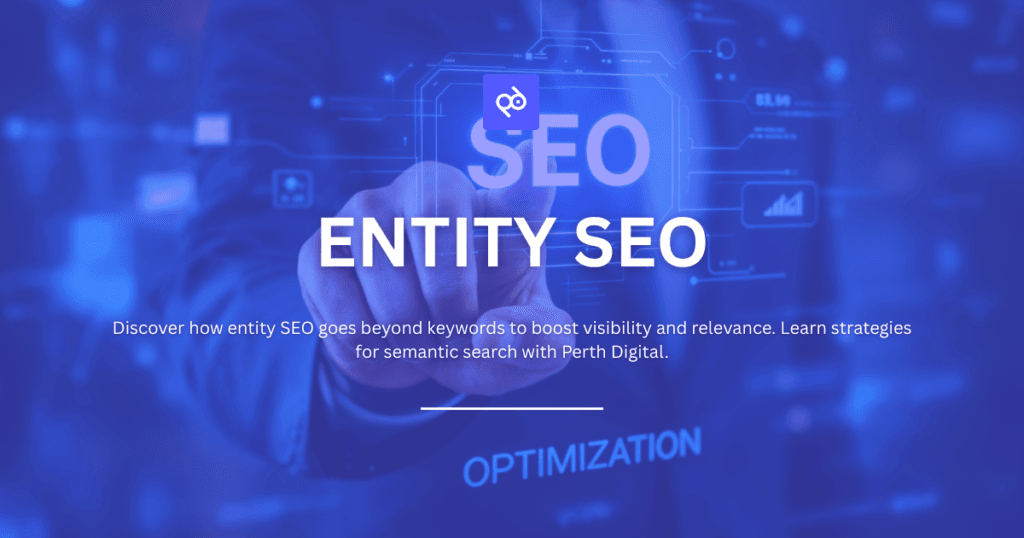Understanding Entity SEO: Moving Past Keywords into Smarter Search

Search engines today, especially Google, are shifting away from simple keyword matching and evolving into intelligent systems that understand context and meaning. That’s why entity SEO has become a cornerstone of sustainable search visibility. This article will explore what entity SEO is, why it matters, and how you can integrate it into a forward-thinking digital strategy. Defining Entity SEO Entity SEO is about optimising for “things” instead of “strings.” In other words, it focuses on clearly identifiable concepts, such as people, brands, products, places, or ideas, that search engines can recognise regardless of language or phrasing. Think of it like this: When your content is structured around entities and their connections, Google is better able to interpret its relevance, which boosts rankings, enhances SERP features, and strengthens your topical authority. Why Keywords Alone Don’t Cut It Anymore The search landscape has changed. Thanks to natural language processing (NLP), AI models like BERT and MUM, and the rise of voice search, users expect more contextually accurate results. Keyword-only strategies fall short for several reasons: Context is Missing A keyword like “jaguar” could mean the car, the animal, or the sports team. Without entities, search engines may misinterpret your content. Intent Isn’t Addressed A page optimised for “best coffee machines” could attract both shoppers and casual researchers, but only one group is valuable to your business. Authority Is Weakened Fragmented, keyword-based content often lacks depth, making it harder for Google to view your site as a trusted resource. Entity optimisation resolves these issues by anchoring your content to meaningful, well-defined concepts. How Search Engines Leverage Entities Since Google rolled out the Knowledge Graph in 2012, its mission has been to connect information into a structured web of relationships. For example, a search for “Leonardo da Vinci” doesn’t just show links, it produces a knowledge panel listing his artworks, biography, and related figures. This comes from entity recognition and mapping. Entities also feed into Google’s E-E-A-T framework (Experience, Expertise, Authoritativeness, Trustworthiness), which assesses how credible and contextually accurate your site is in the wider digital knowledge base. Why Entity SEO Benefits Your Brand Optimising around entities unlocks several advantages: How to Optimise for Entity SEO Entity SEO isn’t about quick hacks. It’s a long-term investment in building a structured, meaningful content ecosystem. Here are the essential steps: Pinpoint Core Entities Identify the entities central to your business, industry, or location. Tools like Wikidata, Google’s Knowledge Graph Search API, and Kalicube can help. Example: A digital agency in Vietnam might focus on “Search Engine Optimisation,” “Google Analytics,” “Digital Marketing,” and “Ho Chi Minh City.” Use Structured Data Apply Schema.org markup to help search engines classify your content. Key schema types include: Build Interconnected Content Create topic hubs that link related concepts together. For example: The Long-Term Nature of Entity SEO Entity SEO is all about building durable relevance. As Google continues refining how it interprets meaning and context, brands that embrace entity-based strategies will enjoy stronger visibility, trust, and authority. At Perth Digital, we help businesses future-proof their online presence by going beyond keywords. Our tailored strategies focus on entity-driven optimisation that strengthens both search rankings and user experience. Ready to take the leap into entity SEO? Get in touch with us today to discover how entity-first strategies can position your brand for lasting digital growth.